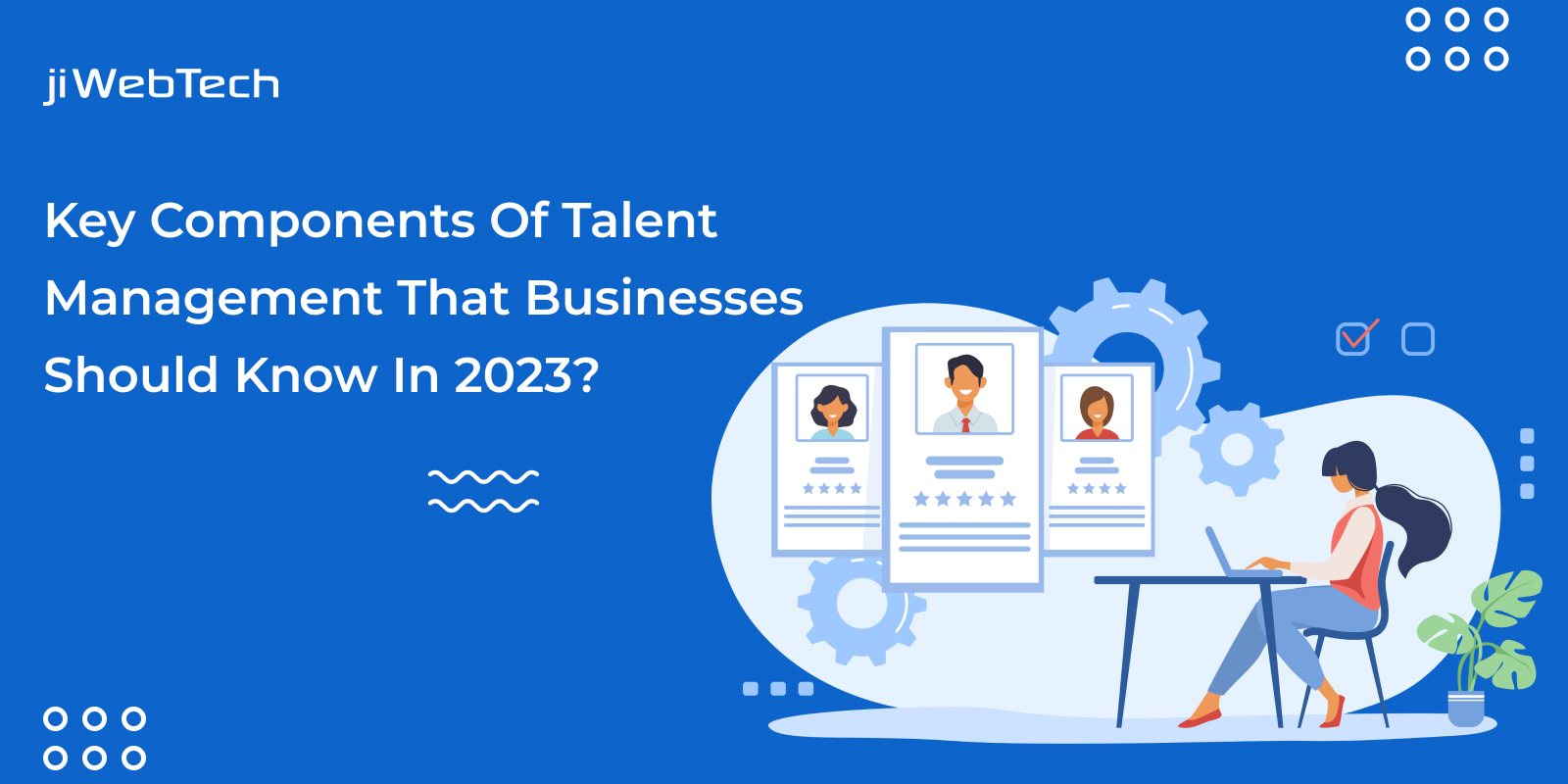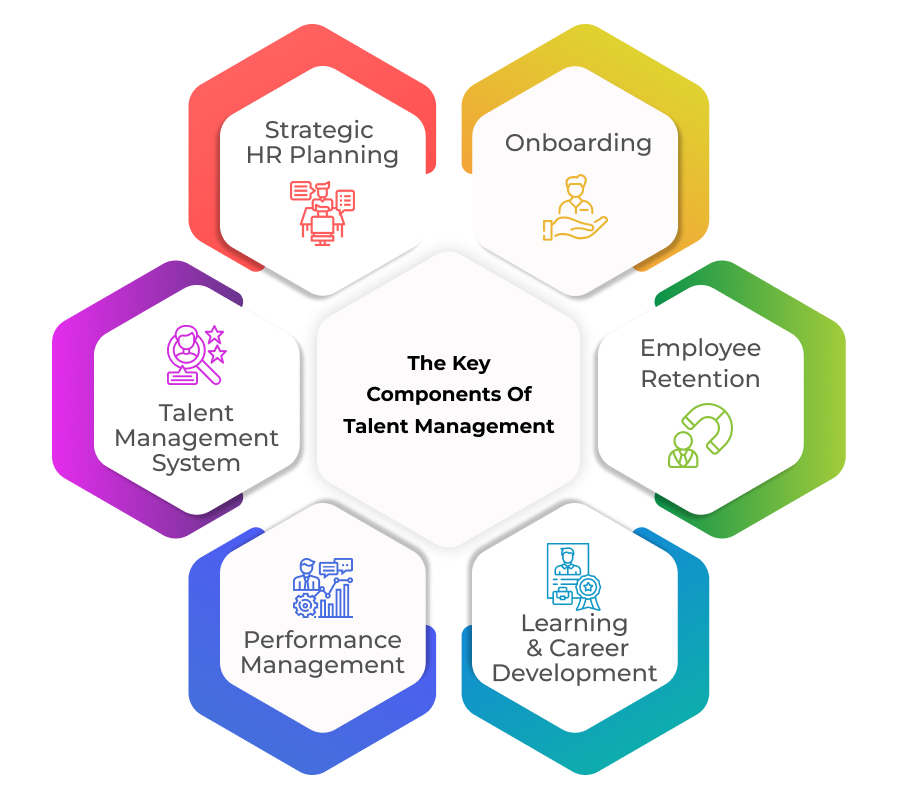- Feb 16, 2023
- Talent Management
- 3668
Share this post on:

In 2023, organizations are facing many challenges. A few businesses are facing challenges like a competitive talent landscape, an exhausted workforce, and pressure to control costs. Not only that, some are impacted by quiet quitting, and a large percentage are expected to face difficulties in meeting their talents models, or goals. Furthermore, the industry is hit with a wave of recession, and human resources teams are busier than ever. The HR managers are facing a lot of challenges to handle the pressure.
It is necessary to have a talent management strategy that helps you manage the challenges effectively. Talent management refers to the ways companies manage their employees. It includes onboarding, performance tracking, learning and development, employee retention and engagement, and more.
If you want your business to grow, you need to invest in a diversity of teams and need to follow great talent management strategies. Talent Management strategies may vary from business to business, and they must know the key components of Talent Management.
The key components of Talent Management
Businesses can handle and manage talent management with strong talent management strategies.
Here are the key components of Talent Management that are a must to know:

Let us explain all the above-discussed points in detail.
Strategic HR Planning:
Businesses need to have strategic planning to implement the business plan successfully. Ensure that you start with a strategic plan that aligns with your business and department goals.
Before making a strategy or plan, ensure that the plan must answer questions such as:
- What talent do you need to hire to achieve the business goal?
- What skills and experience a candidate must have?
- What are the goals they need to achieve in the job?
- How will you evaluate employee performance?
- What kind of training will employees need?
- What happens when an employee gets terminated or quits?
Talent Management considers and takes care of every stage of employees and their activities.
Onboarding:
Getting a new employee hired does not necessarily mean that they will stay for a long time. Onboarding is a crucial process, and as published in Harvard Business Review, “Onboarding can make or break the new hire’s experience. So, it is your business's responsibility to make the employees feel welcome. It also helps businesses retain their employees.
The employee onboarding process help in:
- Implementing onboarding programs increases the new hire productivity by 62%
- A great onboarding process gives a great employee experience, hence increasing the probability of employee satisfaction.
- The probability of retention rate increases with a great onboarding process.
Employee Retention:
Employee retention is one of the most crucial aspects of talent management. With the quitting, the main focus of HR professionals will be on employee retention. There are a lot of changes going on in the industry, and retaining employees is harder than ever. With the recent layoffs in the technical sector, companies are struggling to find and hire the right candidates. Because of such scenarios, companies are opting for modern solutions that include HR software, upskilling, and re-recruiting to retain the right employees.
A few software tools that help HR team to manage retention strategies:
- Take stay interviews. Stay interviews inform why employees are happy working for you.
- Conducting employee engagement surveys give you analytics about how your employees are feeling about their work.
- Recognition programs keep your employees motivated and focused on their work.
Learning and Career Development:
Learning is another crucial component of any individual’s career. And to rise in any career it is necessary to work continuously on your skills. In every organization, it is the responsibility of HR to ensure that employees are gaining proper skill enhancement training. Implementing learning programs with the help of activities helps an organization maintain a great culture.
Performance Management:
Talent management is not complete without performance management. It helps companies in many ways, a few of them are:
- Clarify what employees are expected to accomplish
- Establish a regular procedure to give employee feedback
- Recognize high performers and address their work
- Set fair performance criteria
- Gives evidence for the actions taken by management like promotions, performance improvement, terminations, and more.
Talent Management System:
With the growth of the business, it is crucial to managing all the HR processes using Talent Management System software. Talent management software provides tools that are easy to use and gives critical insights into each employee’s activities.
To summarize:
Having a great talent management process at your business can help you grow globally. So, If you are looking to build a top-notch and reliable talent management process at your organization, you can connect with jiWebTech. We offer a world-class Talent Management System that helps you efficiently manage processes.










